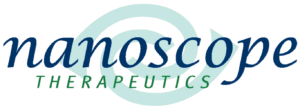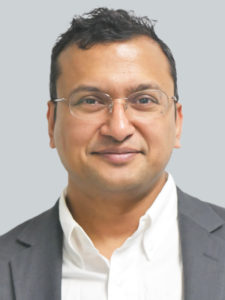Nanoscope Therapeutics, Inc.
Expanded Access Policy
Sometimes called “compassionate use”, expanded access is a potential pathway for a patient with an immediately life-threatening condition or serious disease or condition to gain access to an investigational medical product (drug, biologic, or medical device) for treatment outside of clinical trials when no comparable or satisfactory alternative therapy options are available.
Nanoscope Therapeutics, Inc. is focused on successfully advancing our investigational drugs through the regulatory process as we know this will provide access of our drugs to the most patients in the shortest timeframe. In addition, the safety and efficacy of our investigational drugs, as well as optimal techniques for delivery, have not been fully established. As such, Nanoscope Therapeutics does not normally offer Expanded Access to our investigational drugs but rather encourages patients to speak with their physicians about eligibility to enroll in any of our clinical trials that may positively impact the patient’s illness.
On an exceptional basis, however, we may consider requests from US-licensed physicians for their patients who have exhausted all viable alternative therapies. Requests for Expanded Access must come from the treating physician via email to: info@nanostherapeutics.com. We will seek to respond to such requests within 10 business days.
Nanoscope Therapeutics will consider the following factors for potential compassionate use:
- The clinical situation of the patient including whether all approved therapy or clinical trial options have been exhausted
- Whether the treating physician believes that the potential benefits of our investigational drug will outweigh any potential risks to the patient
- The ability of the treating physician to adequately communicate to the patient the potential risks and benefits of the proposed use of our investigational drug so that the patient can provide informed consent and the willingness of all parties to sign a release
- The ability of the treating physician to deliver our investigational drug utilizing intravitreal injection that are being established in our clinical trials
- The likelihood that regulatory authorities and institutional review boards (IRB’s) will review and approve expanded access for the patient in a timely basis
- Our past experience with the site IRB and the commitment of the treating physician to obtain IRB approval and maintain an investigational new drug (IND) application
- The available supply of an investigational drug
- The impact of providing expanded access on resources devoted to our development programs
- Other factors we may deem appropriate
Nanoscope Therapeutics, Inc. reserves the right to revise or discontinue this policy without notice.

